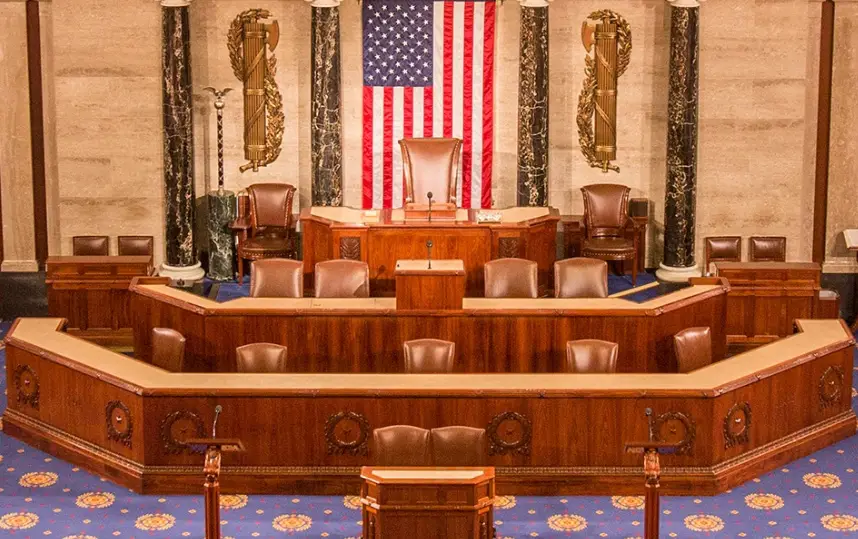Top Photo: history.house.gov
An additional 140,000 vouchers for the Section 8 Housing Choice Voucher Program have been proposed for fiscal year 2023.
This proposal is the first step in the FY23 federal appropriations process for the Department of Housing and Urban Development (HUD), and is done by a House of Representatives subcommittee.
This subcommittee did not reach as high as the 200,000 new Section 8 vouchers that President Biden suggested in his FY23 budget proposal. But, it is more than the 125,000 new vouchers this subcommittee proposed last year.
In the end, Congress approved only 25,000 new Section 8 vouchers in FY22. That was still the largest voucher increase since the Section 8 program began in the early 1970s.
HUD’s budget would increase under proposal
HUD would receive a total of $62.7 billion for FY23 under the House proposal. This is $9 billion more than last year, and $1.1 billion more than requested by President Biden for this year.
What would other HUD programs get for FY23?
Although the subcommittee proposed a large increase for Section 8 Housing Choice Vouchers, many HUD programs also saw large increases over FY22 funding levels. A few programs got small increases or funding at levels similar to last year.
Programs with large increases proposed for FY23
- Homeless Assistance Grants – $3.6 billion ($391 million increase)
- Public Housing Capital Fund – $3.7 billion ($280 million increase)
- Community Development Block Grants – $5.3 billion ($458 million increase)
- HOME – $1.7 billion ($175 million increase)
- Section 202 Supportive Housing for the Elderly – $1.2 billion ($167 million increase)
- Housing Opportunities for Persons with AIDS – $600 million ($150 million increase)
- Choice Neighborhoods Program – $450 million ($100 million increase)
Programs that would get small increases or level funding in FY23
- Public Housing Operating Fund – $5.1 billion
- Family Self-Sufficiency Program – $125 million
- VASH Vouchers – $50 million
- Section 811 Supportive Housing for Persons with Disabilities – $400 million
- Fair Housing – $86 million
- Healthy Homes and Lead Hazard – $415 million
- Native American housing programs – $922 million
What’s Next?
The subcommittee’s funding proposal is the first step in the annual federal appropriations process. The proposal will be voted on by the full Appropriations committee, then sent for a vote by the entire House of Representatives. Once passed by the House, the spending bill is then sent to the Senate.
The Senate has its own committee process. When the final spending package is passed by the Senate, negotiators work out any differences with the version passed by the House. Once each chamber approves the compromise bill, it is sent to the president for his signature.
At any point along the way, lawmakers can make changes to the appropriations bill. Voters and advocacy groups can encourage their representatives and Senators to support more money for affordable housing at any point along the way. Housing advocates are working to make sure that there will be more new Section 8 Housing Choice Vouchers like last year, even if the amount is reduced by the Senate.
The House Appropriations Committee will vote on the HUD FY23 appropriations bill in late June. The full House will likely vote on the bill before the end of July, before Congress goes on August recess. The Senate will not likely start its work until after the August recess. Appropriations are supposed to be signed into law before September 31st, the end of the fiscal year.

